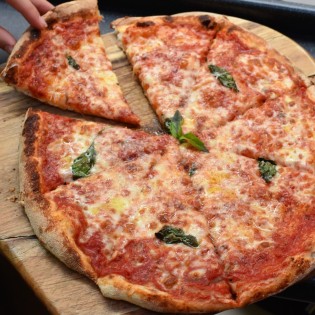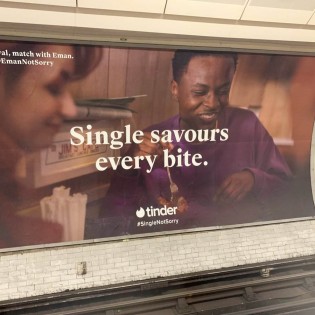Miscellany 5: nominative determinism

You are your name
Continuing our exploration of the origins, conundrums and variety of language.
What’s in a name? It turns out there may be more than Shakespeare thought.
How else to explain why people named Brian are more likely to become neuroscientists than statistical averages would suggest, why those called Dennis are more likely to become dentists and why an unusual number of people named George get into geology?
Then there’s the fact that people are disproportionately drawn to others whose names resemble their own – think Tom Cruise and Penelope Cruz or Taylor Swift and Taylor Lautner.
Not only that, but people named Georgia move to the US state of Georgia more often than women not named Georgia, and people whose first name begins with the same letter as the hurricane are overrepresented in the donation pool.
This propensity to identify with natural disasters that share our identifying initial is known as implicit egoism. Most of us are pretty full of ourselves and our egocentrism influences our decision making in ways we may not realise.
That’s all well and good, but could there be a more nefarious side to the power names? Yes indeed. For better or for worse, names can exert influence in our professional lives.
You’re in luck if your name is short, common and easy to pronounce, especially if you're a man. The Toms, Dans and Johns of this world are viewed as more likeable – apparently we trust those whose names we know.
Conversely, those with unique names often struggle to overcome the associated stigma. There is a strong relationship between rare names and juvenile delinquency, flunking out of school and “psychological neurosis”.
Then there is the well-documented fact that candidates with white-sounding names are much more likely to be called in for an interview. It has been theorised that having a white name equates to eight years of experience in the job market.
These are pretty weighty correlations. A rose by any other name might smell as sweet. But as Rose grows up and experiences both external and internal pressure to conform to societal expectations of Roses, she is likely to dress in a more feminine way than her peers and donate to relief efforts for Hurricane Rita for reasons beyond her control.





